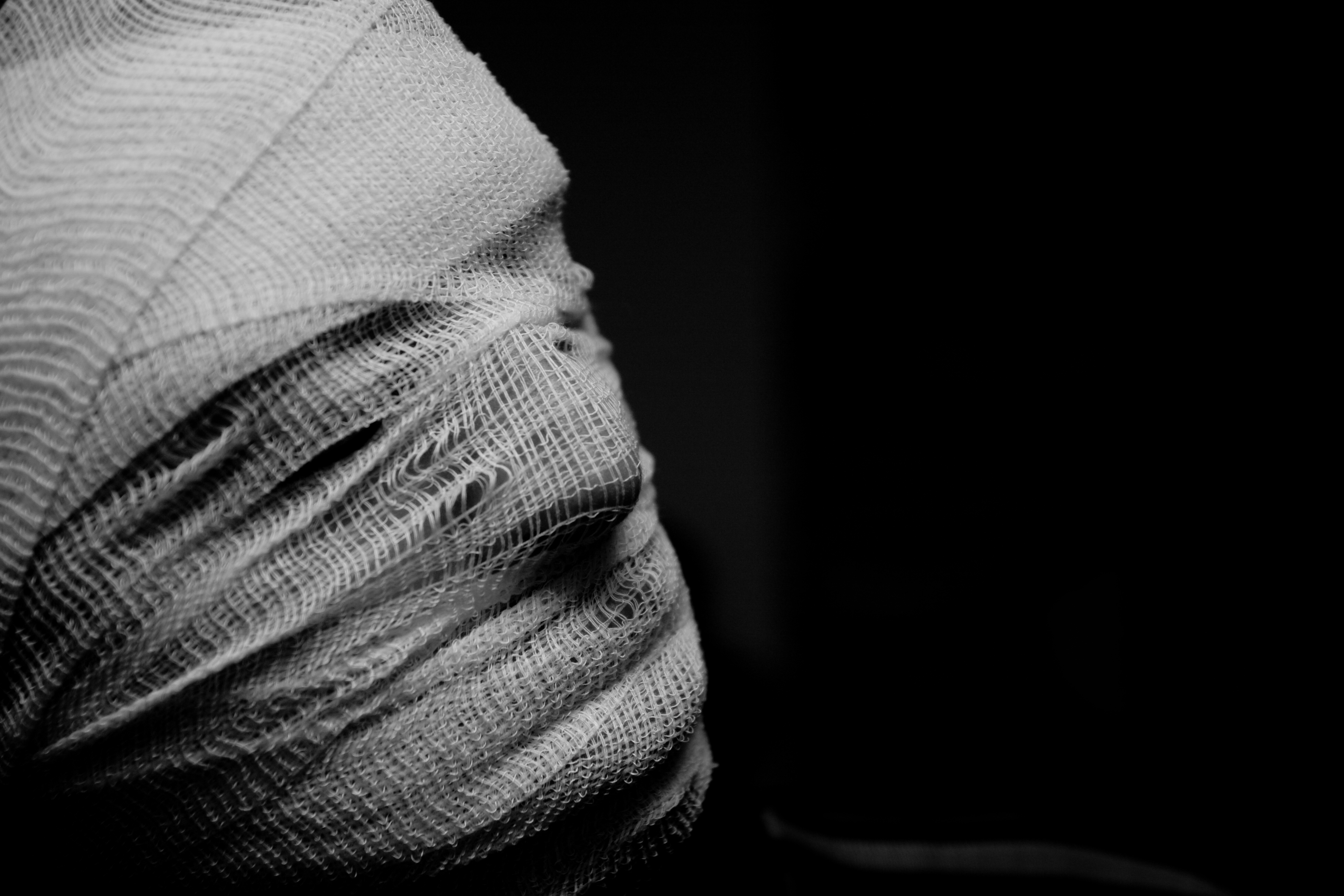Burn-related complications result in approximately five thousand deaths each year in the United States. Sepsis from a burn wound infection, other infection complications, and inhalation injury are responsible for 75% of deaths in patients with burns covering more than 40% of their body. Due to both thermal injuries inducing immunosuppression and the loss of skin from severe burns, burn victims are more susceptible to contracting and dying from infection at the site of the burn.
Image Source: Holloway
Swiss burn specialists, in collaboration with researchers at the École Polytechnique Fédérale de Lausanne (EPFL), have developed bandages that can prevent infection and speed up the healing process for burn victims. This new infection-fighting bandages is a modified version of a biodegradable bandage that was developed in 2005. This precursor bandage was composed of animal collagen and progenitor cells, which are similar to stem cells but are more limited in that they cannot reproduce indefinitely and cannot differentiate into as many types of cells. While these early bandages were able to accelerate healing, they did not protect against infection.
Researchers combined these bandages with dendrimers to create the infection-fighting bandages. The bandages are strips of gauze made of collagen with progenitor cells and dendrimers added on. The dendrimers are synthesized molecules that have a variety of uses, such as drug delivery and imaging. They have also been found to have antimicrobial properties, which help to prevent infection. Once a bandage is placed on a burn wound, some of the dendrimers from the bandage travel to the wound and eradicate any infection-causing microbes that may be present. The remaining dendrimers destroy any microbes that begin to grow in the bandage over time.
Before being clinically used, the bandages will undergo testing in Zurich. Lee Ann Laurent-Applegate, the head of the Regenerative Therapy Unit at CHUV, described the bandages as a superior alternative to antibiotics, because the bandages prevent infection instead of just treating them like antibiotics do. If testing is successful, the bandages could drastically reduce the rates of death resulting from burn-site infections.
Feature Image Source: day 89 by Arden










